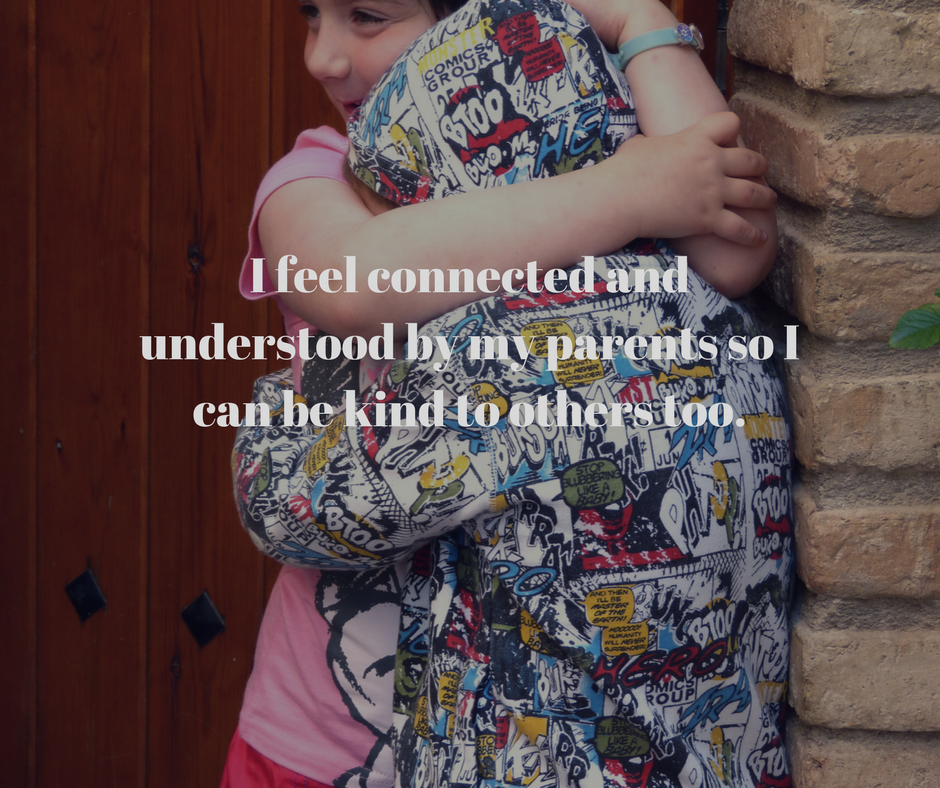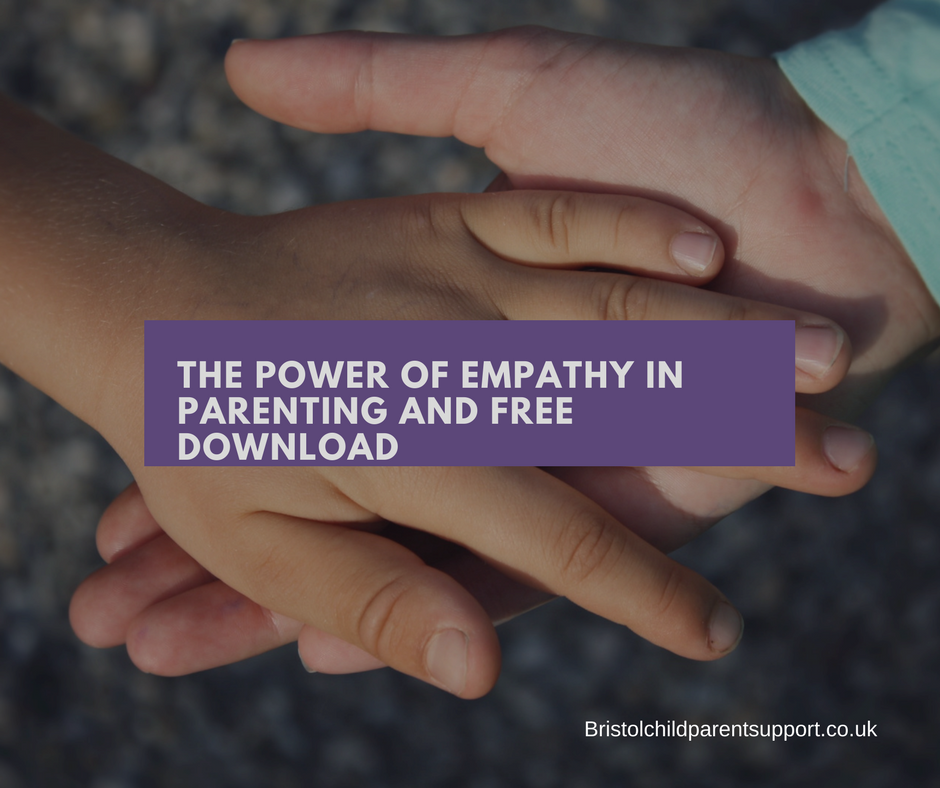In my practice, I talk a lot about empathy, it often underused by parents in their parenting. How do you understand your child? Empathy is like shining a mirror back to your child. It shows to them that they are understood. When we feel understood, we feel calm. Empathy and Sympathy are different.
What are the differences?
Empathy is understanding your child’s experience as well as understanding their emotions at that moment. At that moment the parent uses their orbitofrontal-insula-anterior system ( Hughes, Baylin ) This is part of our rational wise mind and helps us be aware, understand and mirror this back to your child.
So when you are using empathy you will:
- Have a perspective
- Recognise the emotion, feel with your heart
- Be non-judgmental
- Be accepting
Let’s give an example of using empathy:
Boy says I want to play ( its near bedtime)
Mum says I know you do, it’s hard isn’t it as it is your bedtime now
Boy says I want to now
Mum says I know you do, I know, I know you don’t like going to bed now, it’s hard to stop playing, we could read a really nice book together.
Sympathy is more limited, you want to make it better, unintentionally you may minimize the feeling which in turn might make them feel misunderstood and then the behavior may escalate.
Let’s use sympathy
Boy says I want to play
Mum says I know you do its bedtime
Boy says I want to
Mum says I know but at least you are going to read together with me.
Notice the subtle difference, although the mum acknowledges his need to play, she does not fully empathise with his feelings and uses the distraction of reading a book. The tone of the conversation is very different and is likely not be as effective. When your child feels understood and connected to you, this will enable them to be like this to others.
 Phrases when you notice a feeling in your child ( please avoid asking why )
Phrases when you notice a feeling in your child ( please avoid asking why )
- I can see you are hurting
- I wonder if you are worried
- I can see you might be angry, can I sit with you until it calms?.
- You are looking a bit sad
Phrases to use when your child tells you something
- You felt hurt and angry when Jamie said that
- Sounds like you were feeling anxious before the test
- So you felt confident after that
- I can see how excited you are about the party
- I am sorry, did you feel left out when you were not invited to the party?
Free download on a 7 -day challenge using The Power of Empathy in Parenting
My challenge to you is just to choose one statement, practice saying it to yourself first so you can use a tone of voice that is authentic and comes from the heart. Then decide what behaviour or time you would like to use it and see how it goes. Remember small changes are important and we are much more likely to stick with them.
Let me know how you get on, with love Catherine



